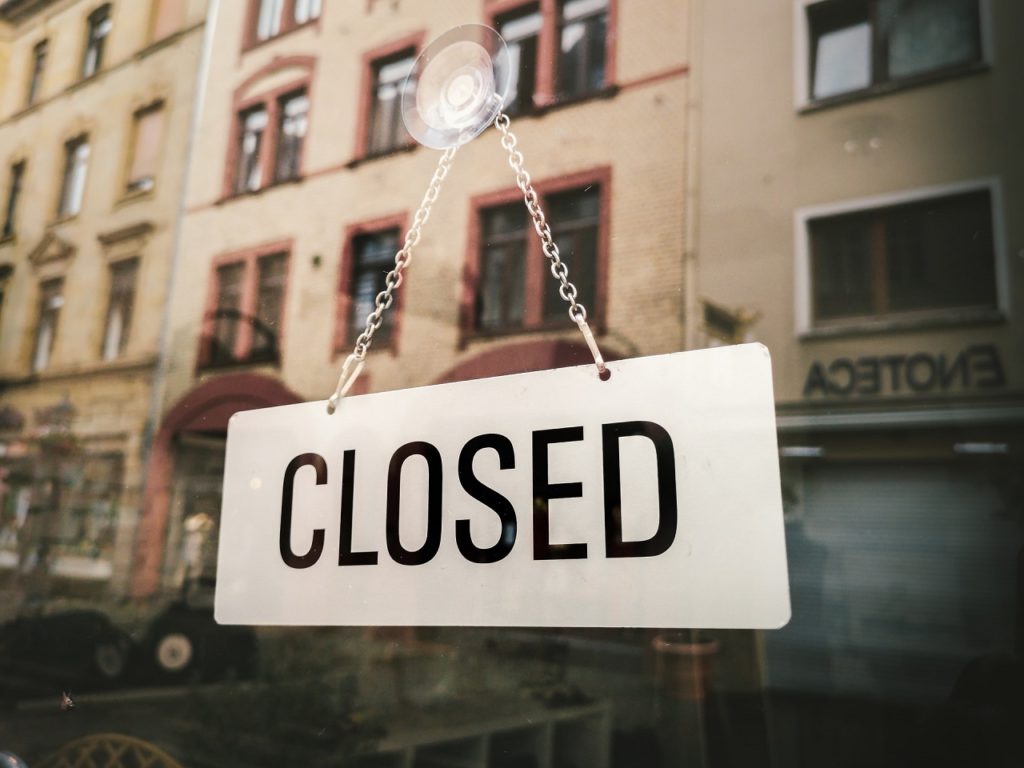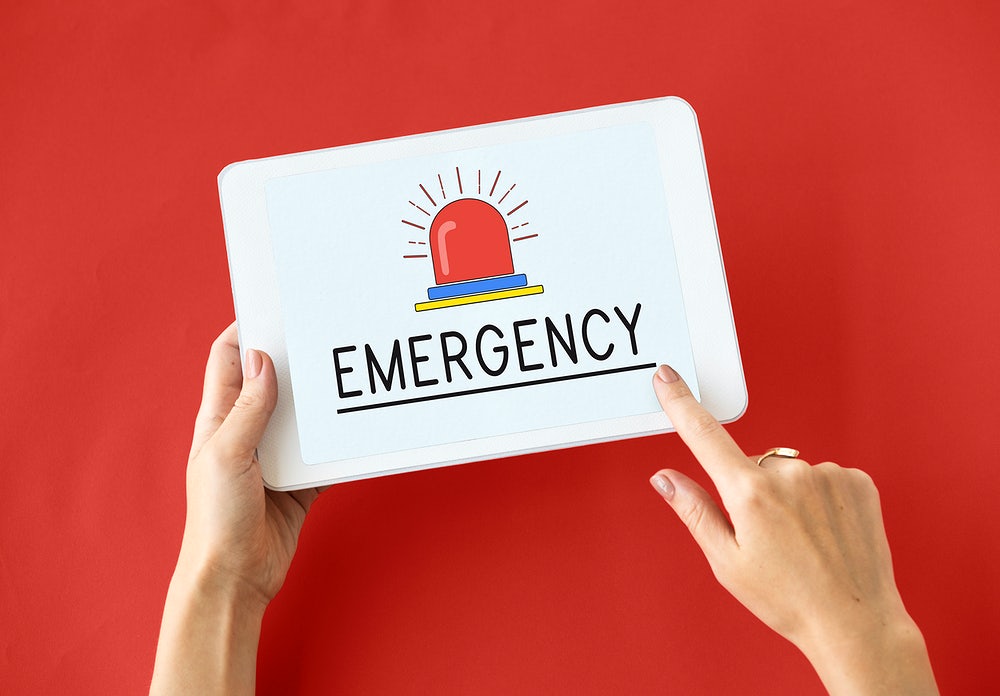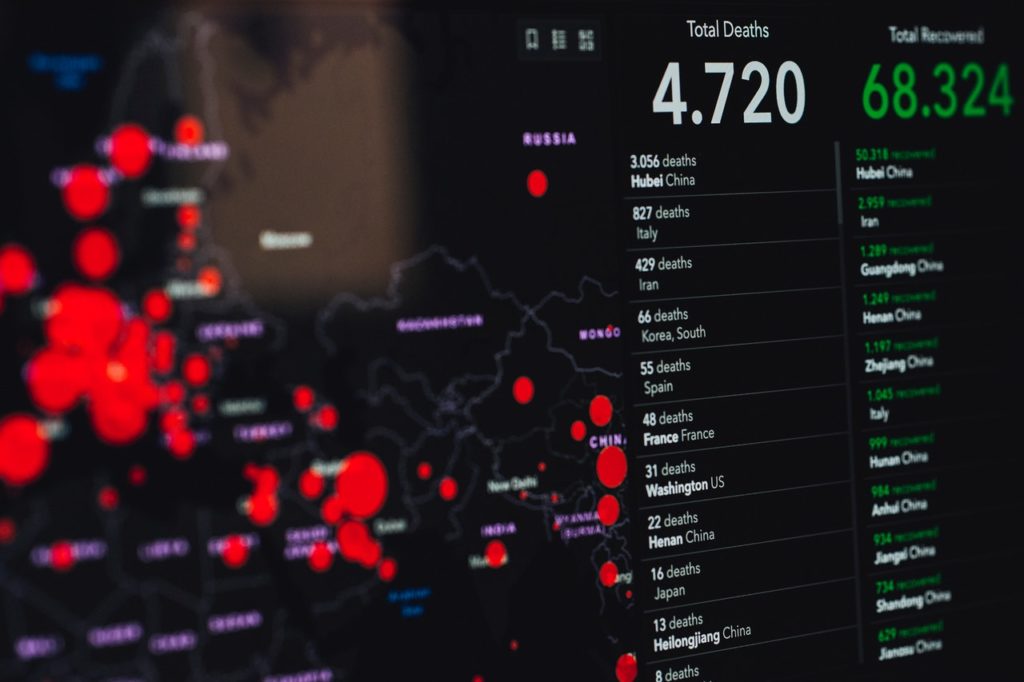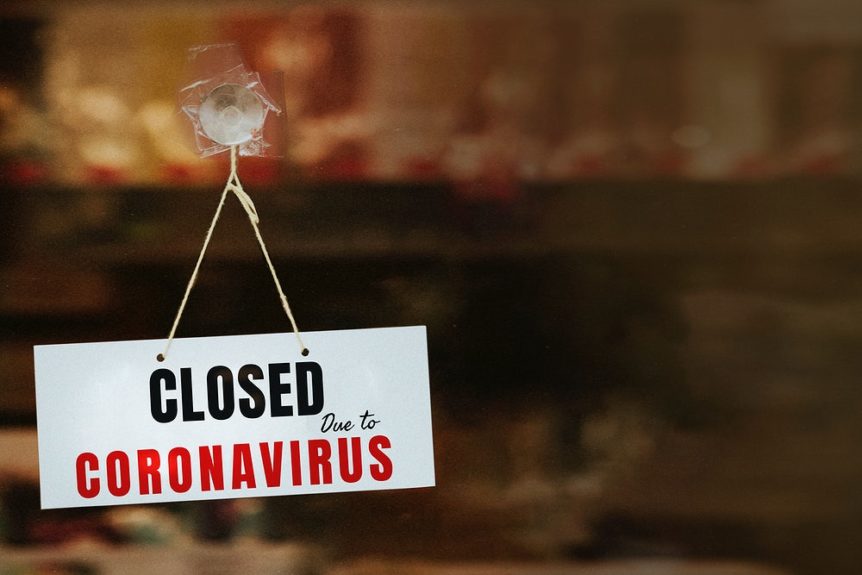As the COVID-19 pandemic swept across the nation, one of the measures that state governments across the country took in an attempt to contain its spread, was to shut down business operations and encourage citizens to stay at home.
It meant that you couldn’t dine-in at your favorite restaurant, catch a couple of drinks with your friends at the local bar, or even watch the latest action movie in the theaters. The shelter-in-place order only allowed people to leave their homes for what would be considered essential activities.
Likewise, if your business was not deemed an essential service, then it was shut down too. These directives left business owners questioning the legality of the whole process.
Can the government close a business? Here’s what you need to know.
Can the Government Close a Business – The Legality of It All
The short answer is – yes, it can.
So, any allegations asserting that the measures taken by the government are against the law are wrong and misinformed.

Granted, there was the looming fear that the country might go the China route in its response to the outbreak, by invoking martial law to keep the population in their homes; the good news is – western democracies tend to avoid using such extreme measures.
Constitutional Limits and Authority
The US Constitution offers strong protections for its citizens, even in times of crisis. So, the government cannot take arbitrary action even if it is to protect its citizens.
Our legal history as a nation is full of numerous instances when the government failed to meet the threshold required to justify the overly broad and restrictive measures it took. There are even instances where the restrictions were in themselves impermissibly discriminatory.
Case in point: the 1900 outbreak of the bubonic plague when the city of San Francisco, unfairly targeted its Chinese residents in an attempt to contain the spread of the pandemic.
Nonetheless, the existing constitutional framework ensures that there’s a balance between the need to protect every individual’s civil rights and liberties, while also protecting the general public, more so in truly compelling emergency situations that call for severe measures.
A global pandemic ravaging the nation that spreads even among people who appear asymptomatic and has the very real potential of overwhelming the health care system would be justified as a “compelling emergency situation.” So, the government would be perfectly justified in issuing directives – like the closure of businesses – to keep the public safe.
Emergency Health Powers Act
Most declarations of emergency in the country are for natural disasters like hurricanes and snowstorms. In such instances, states invoke certain provisions of the existing statutes with some of the most common ones being – calling on the National Guard to intervene and help deal with the effects of the storm, freeing up money allocated for emergency use, and authorizing law enforcement officers to redirect traffic.

In the case of COVID-19, it became necessary to invoke a provision of state law that is not typically implicated by other forms of natural disasters – the Emergency Health Powers Act.
It provides additional authorization for direct control over the way medical resources are distributed and medical facilities managed, in addition to identifying the areas within the state that are/may be hazardous to public health. This begs the question: Based on the provisions of this Act, can the government quarantine a city?
Yes, it can. The Emergency Health Powers Act gives state governments the authority to restrict the movement of people within an area if such an action is deemed “necessary and reasonable” in response to an existing health emergency.
Additionally, if a vaccine to a known pandemic exists, the Act allows the state to enforce the vaccination of its citizens against the infectious disease, but only after obtaining the informed consent of the individual in question. The Act further states that those unwilling or unable to get vaccinated against the disease may have to be quarantined.
Can You Sue the Government?
Here’s what we know so far: The government can shut down your business, quarantine you, and vaccinate you – with your consent, of course.
But here’s something else you probably were not aware of that is also embedded in the Emergency Health Powers Act.
According to the statute, public agents or entities cannot be held liable for injuries caused by any acts or omissions, directly or indirectly associated with a public health emergency. So, no – you cannot sue the government for shutting down your business or quarantining.
Keep in mind that all this happens at a state level. Here’s what you need to know about federal powers vs state powers.
Can the Federal Government Sue a State?
Absolutely! Remember, the US Constitution is the supreme law of the land.
So, if a state was immune from a suit brought against it by the federal government, it effectively circumvents the hierarchy of American law. However, the law grants immunity to the federal government against a suit brought by a state.
Federal Powers During National Emergencies
What can the president do in response to COVID-19 now that we know the measures state governments can take in emergencies?

For starters, the federal government, whose powers are vested in the President, can declare a national emergency. President Trump did this by invoking the provisions of the National Emergencies Act, the Stafford Disaster Relief and Emergency Assistance Act, and the Public Health Service Act.
The National Emergencies Act waived the existing federal rules to allow for an increase in hospital capacity. It also authorized telemedicine.
The Stafford Act allowed the federal government to take specific actions to assist local and state governments alike, as well as specific private non-profit organizations. It also allowed for the provision of financial assistance to individuals and businesses from the President’s Disaster Relief Fund.
Can You Sue the President?
Section 319F-3 of the Public Health Service Act provides immunity to certain individuals and entities against any claims of loss that result from the activities related to the countermeasures taken by the federal government to deal with the COVID-19 pandemic.
So, no – you can’t sue the President for the government closure of your business, or any other steps taken to counter the further spread of the pandemic, even if you incurred monetary loss as a result.
Besides, in Nixon v. Fitzgerald, the Supreme Court ruled that the President is entitled to immunity from any claim for civil damages based on his actions while in office. He is, however, not immune to criminal charges.
A Delicate Balancing Act
Setting the balance between the powers of the federal and state governments, and the constitutional rights of the citizens can be difficult to achieve in times of crisis, even with the best of intentions.
So, can the government close a business? Yes, it can – in a state of emergency. And, there’s nothing you can do about it – from a legal standpoint.
Nonetheless, this shouldn’t stop you from being vigilant in ensuring that the measures taken by the government to protect individuals, do not turn into acts of repression once the emergency blows over.
RELATED ARTICLES:
